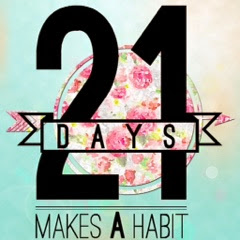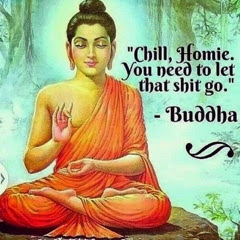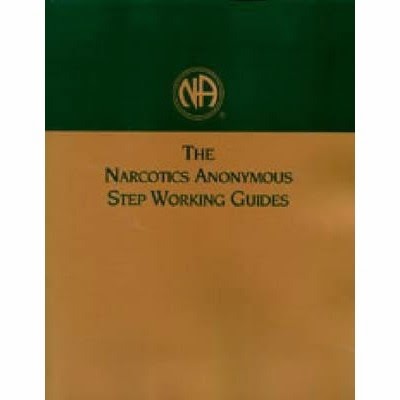Euphoria
Chemically dependent people don’t crave a particular drug; they crave the euphoria that the drug produces. They are addicted to the feeling of intoxication, not to the drug itself. This means you can easily become addicted to any mood-altering chemical that gives you the high you seek. You may think, “I’m going to quit using cocaine. I’ll just have a few drinks instead.” This is dangerous thinking. If you try to get high by using a different mood-altering chemical, you will only end up in relapse. Eventually, you’ll go back to using the original substance of choice because your brain craves the high. To recover, you must stop using all mood-altering chemicals. A ction for the Day Describe the mood-altering chemicals you have felt tempted to use. Maybe you’ve thought about replacing hard liquor with beer, or taking prescription medications instead of heroin. It’s natural to want to replace the high that you are used to. Make sure you are open and honest as you talk with your sponso


